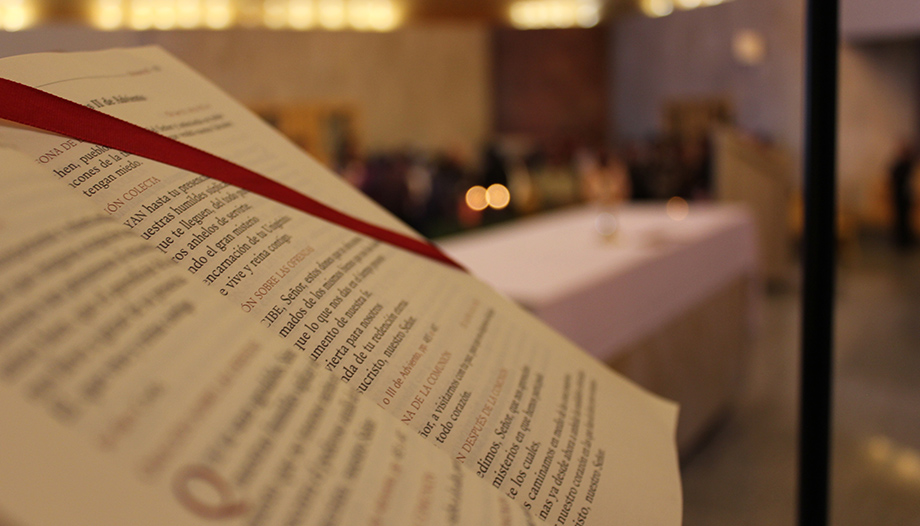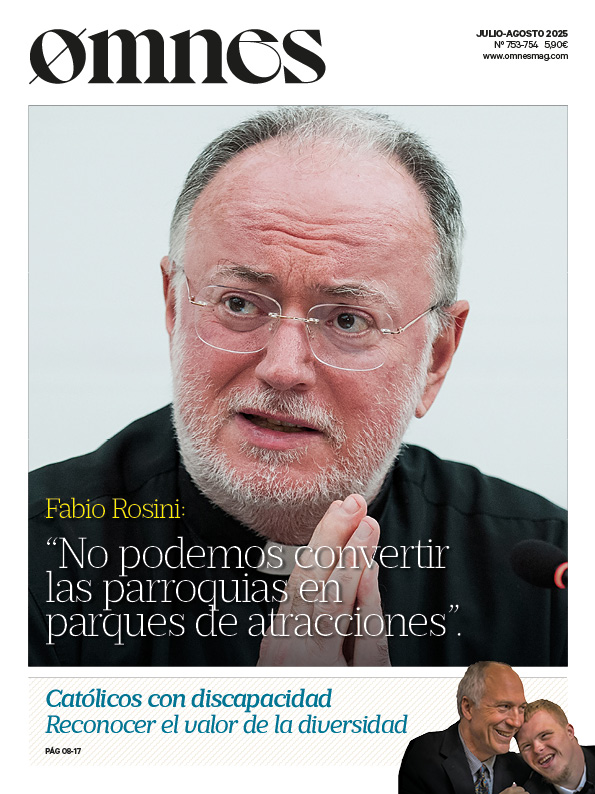The Holy Spirit acts in the Church in many ways. He guides the Church into all truth (Jn 16:13), but, as we see in today's Gospel, he also "reminds" the Church of the words of Christ: "the Paraclete, the Holy Spirit, whom the Father will send in my name, will be the one to teach you everything and to remind you of all that I have said to you.".
That remembrance of Jesus works in two ways: it reminds us how demanding his call is (e.g. Mt 16:24; 19:21), but also how understanding it is. God's presence in our souls "we will come to him and make our abode in him."- at the same time disturbing and comforting: "Peace I leave with you, my peace I give to you; not as the world gives do I give to you. Let not your hearts be troubled, neither let them be troubled.". The message of the Gospel is as far from fanaticism as it is from lukewarmness.
And this calm and balanced approach of Jesus is seen in today's first reading in a historical decision made by the early Church that managed to be radical and reasonable at the same time. Some converts from Judaism to Christianity had "disturbed" converts from paganism by insisting that they had to be circumcised and adopt all the ritual practices of Jewish law. In a sense, they had to be Jews to be Christians, these people claimed. But the apostles, after meeting and discussing this, issued an important decree. In the first place, they made it clear that those people who "they have stirred you up with their words, unsettling your spirits." had no mandate from them: "without our order" to do so. And then they give their decision, which is a clear break with Judaism (in that very radical sense), while respecting some convictions that Jewish Christians would have felt very deeply: the rejection of idolatry, of eating animal blood and strangled animals, and of sexual immorality. The first and last are obvious, the middle two were more Jewish dietary beliefs of the time that the apostles respect (for example, Jews believed that a creature's life was contained in its blood, so eating the blood of an animal was somehow seen as trying to have power over its life, which only God really has). Thus, the decision was ultimately a sensible compromise, affirming essential moral teaching while respecting contemporary concerns. This is always the Church's approach: to "remember" Christ is to be both radical and reasonable, affirming perennial and immutable values, yet sensitive to contingent ones.








